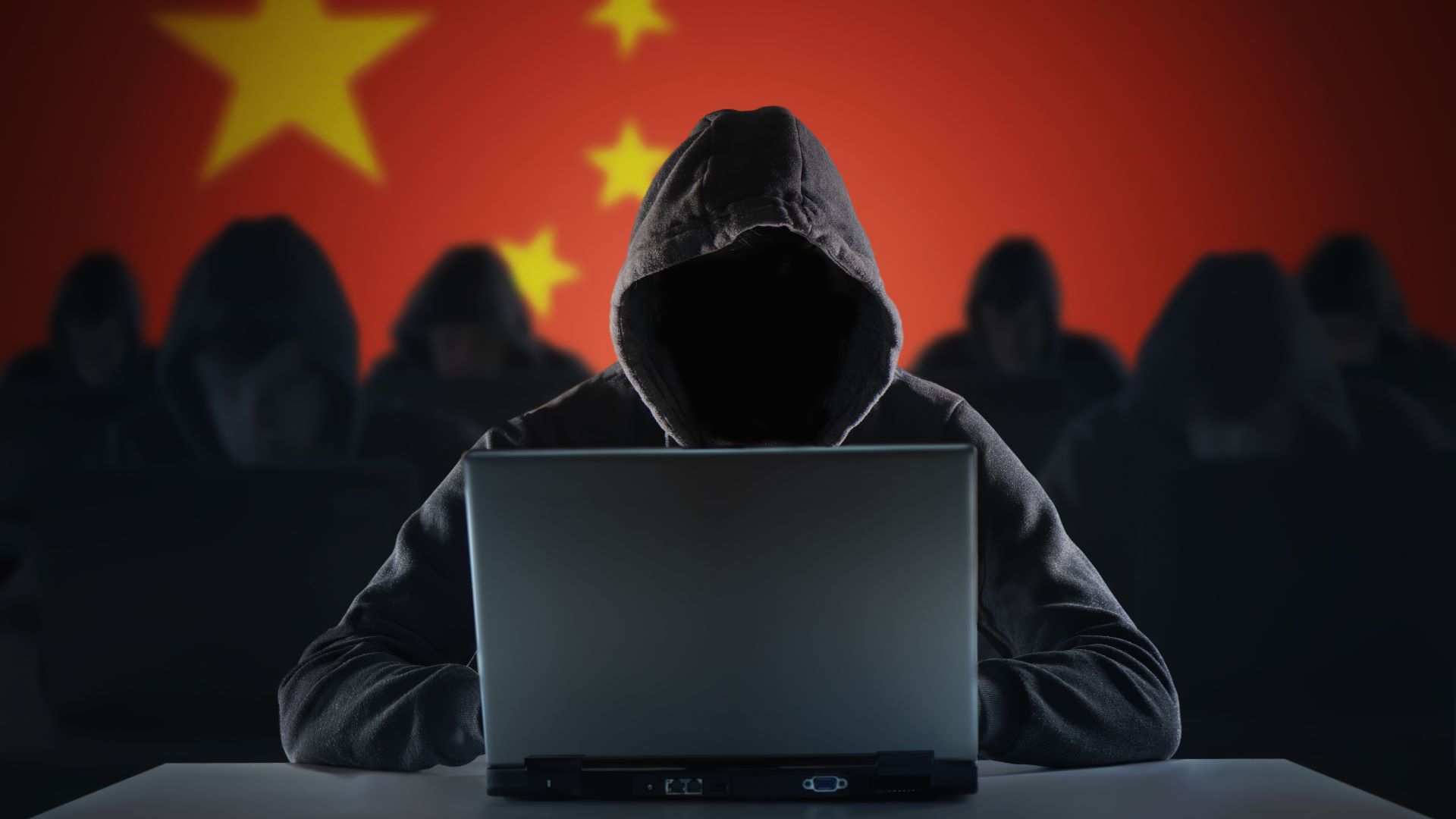US accuses China of 14-year global cyber hacking conspiracy that affected millions of Americans
US government officials and companies have been subject to a 14-year hacking campaign

The US Federal Bureau of Investigation (FBI) has charged seven Chinese nationals in connection with a hacking campaign that has operated for 14 years and may have affected several million Americans.
The hacking attacks consisted of over 10,000 “malicious emails, impacting thousands of victims, across multiple continents,” the US justice department said.
The charges echo a general western condemnation of Beijing’s involvement in a number of high profile cyber attacks, with the UK suffering an attack against its Electoral Commission, and New Zealand suffering similar attacks on two parliamentary organizations.
China cyber campaign targeted “our nation's security and prosperity”
FBI director Christopher Wray said, “Today's announcement exposes China's continuous and brash efforts to undermine our nation's cybersecurity and target Americans and our innovation.”
“As long as China continues to target the US and our partners, the FBI will continue to send a clear message that cyber espionage will not be tolerated, and we will tirelessly pursue those who threaten our nation's security and prosperity,” he continued.
The malicious emails distributed by the accused included hidden tracking links that, when the email is opened, steal sensitive information such as locations and IP addresses. The emails were disguised to look like they were being sent by journalists and news outlets, hinting at some level of social engineering taking place during the 14 year campaign.
The recipients of the emails were often US government officials, whose location and IP information would be used to mount more aggressive attacks against devices in the victims' homes.
Are you a pro? Subscribe to our newsletter
Sign up to the TechRadar Pro newsletter to get all the top news, opinion, features and guidance your business needs to succeed!
Chinese-backed cyber groups have been increasingly targeting critical infrastructure and government officials as geopolitical tensions rise. Several US companies were also breached in the campaign, with the defense, IT and telecommunications industries being particular targets.
Via BBC News
More from TechRadar Pro

Benedict has been writing about security issues for over 7 years, first focusing on geopolitics and international relations while at the University of Buckingham. During this time he studied BA Politics with Journalism, for which he received a second-class honours (upper division), then continuing his studies at a postgraduate level, achieving a distinction in MA Security, Intelligence and Diplomacy. Upon joining TechRadar Pro as a Staff Writer, Benedict transitioned his focus towards cybersecurity, exploring state-sponsored threat actors, malware, social engineering, and national security. Benedict is also an expert on B2B security products, including firewalls, antivirus, endpoint security, and password management.